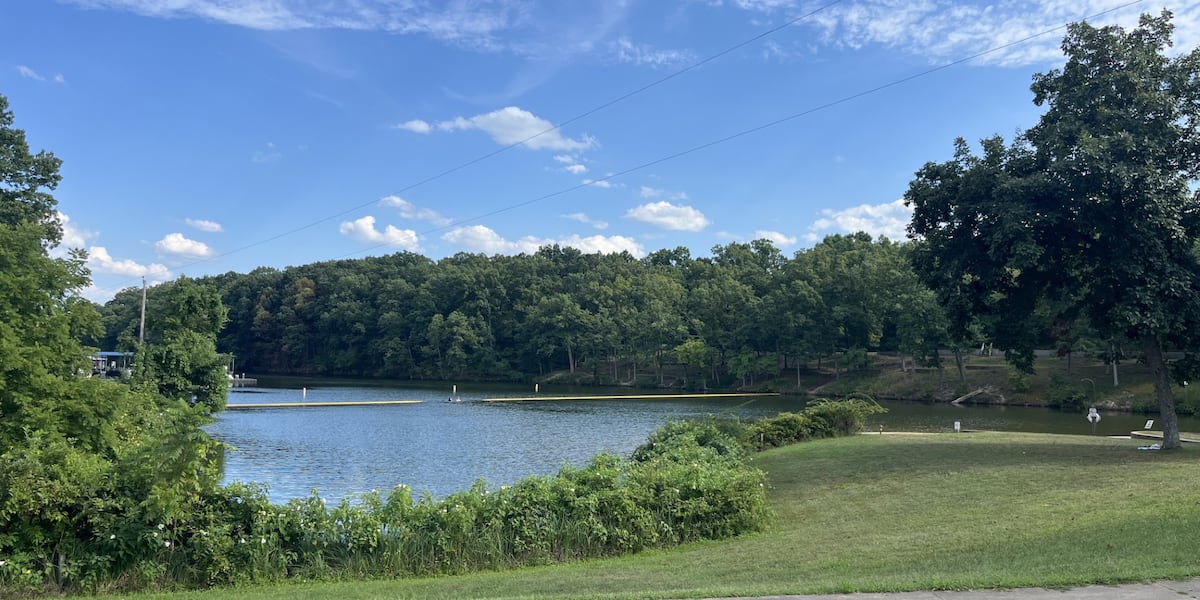Lake of the Ozarks Brain-Eating Amoeba Scare: Health Officials Investigate After Water Activity

Missouri Health Officials Issue Alert Following Possible Brain-Eating Amoeba Exposure at Lake of the Ozarks
A wave of concern is sweeping across Missouri after health officials launched an investigation into a potential link between the brain-eating amoeba, Naegleria fowleri, and recreational activities at the popular Lake of the Ozarks. The investigation was triggered after an individual exhibited symptoms consistent with infection following water sports at the lake.
Naegleria fowleri is a single-celled organism found in warm freshwater, including lakes, rivers, and hot springs. While rare, infection can be devastating, leading to a severe brain infection called primary amebic meningoencephalitis (PAM). PAM is almost always fatal, highlighting the urgency of the situation and the importance of public awareness.
What Happened?
The Missouri Department of Health and Senior Services (DHSS) confirmed that they are actively investigating the case. The individual who developed symptoms had been participating in water sports at Lake of the Ozarks. Officials are working to determine the exact source of the potential exposure and assess the risk to the broader public. Details about the individual's condition are being kept private to protect their privacy.
Understanding the Risk: Naegleria fowleri Explained
It's crucial to understand how Naegleria fowleri infects individuals. The amoeba enters the body through the nose, typically when swimming or participating in water activities. It then travels to the brain, where it causes PAM. It’s important to note that drinking contaminated water does *not* pose a risk, as the amoeba must enter through the nasal passages.
Symptoms and Prevention: What You Need to Know
Symptoms of PAM typically begin 1 to 9 days after exposure and can include:
- Severe headache
- Fever
- Nausea and vomiting
- Stiff neck
- Seizures
- Hallucinations
If you experience these symptoms after swimming or participating in water activities in freshwater, seek immediate medical attention. Early diagnosis and treatment, though challenging, are crucial.
To minimize the risk of infection, health officials recommend the following precautions:
- Avoid participating in water activities in warm, stagnant freshwater, especially if the water is murky.
- Hold your nose when swimming or participating in water sports in these areas.
- Use nose clips if available.
DHSS Response and Ongoing Investigation
The DHSS is collaborating with the Centers for Disease Control and Prevention (CDC) to conduct thorough water testing at Lake of the Ozarks. They are also working to trace the individual’s activities and identify potential areas of concern. Further updates will be provided as the investigation progresses.
This situation serves as a stark reminder of the potential risks associated with freshwater environments. While the risk of infection remains low, it’s essential to be aware of the dangers and take necessary precautions to protect your health and safety. Stay informed and follow the guidance of public health officials.
For more information, visit the CDC website: https://www.cdc.gov/parasites/naegleria/index.html






